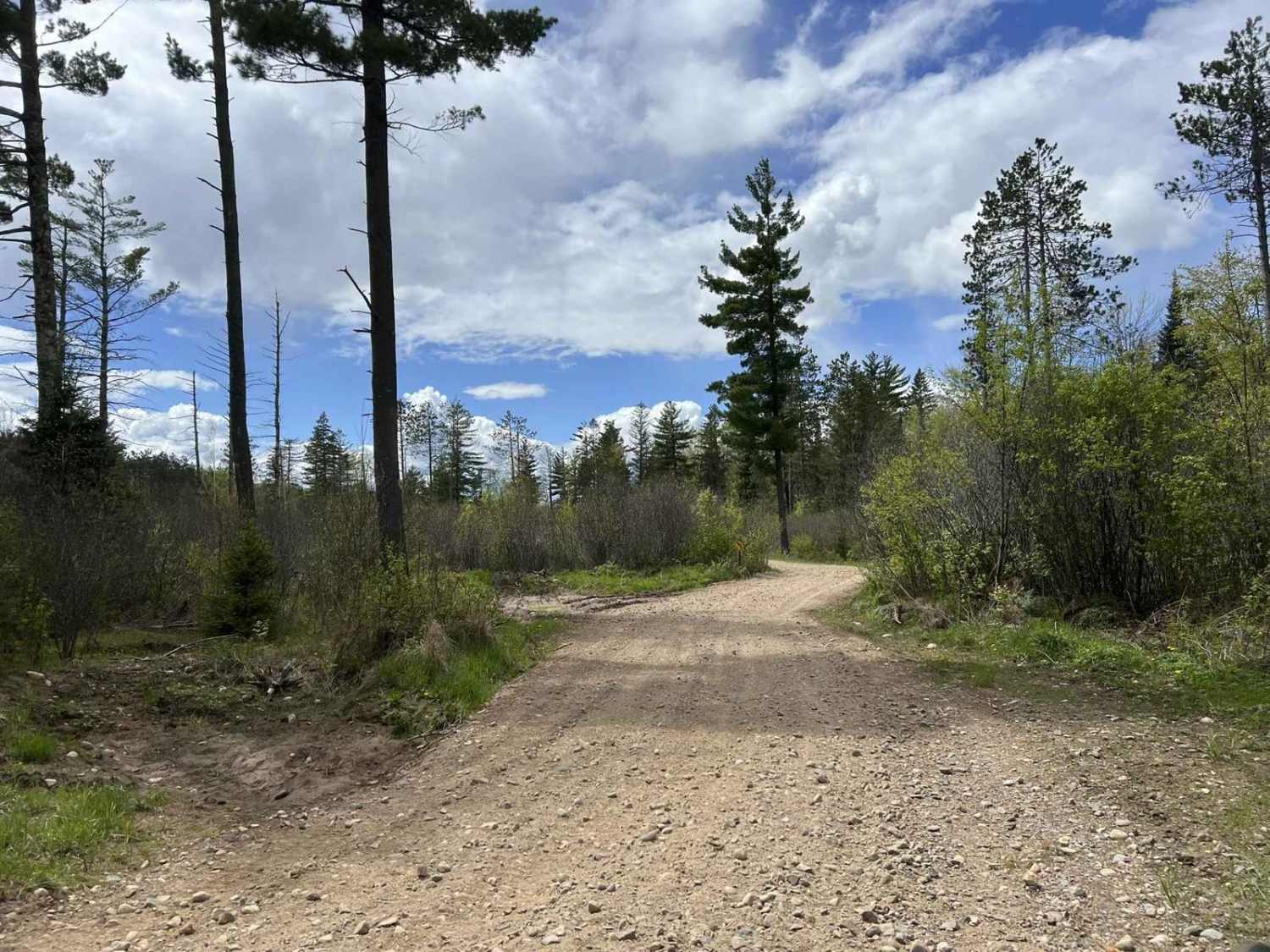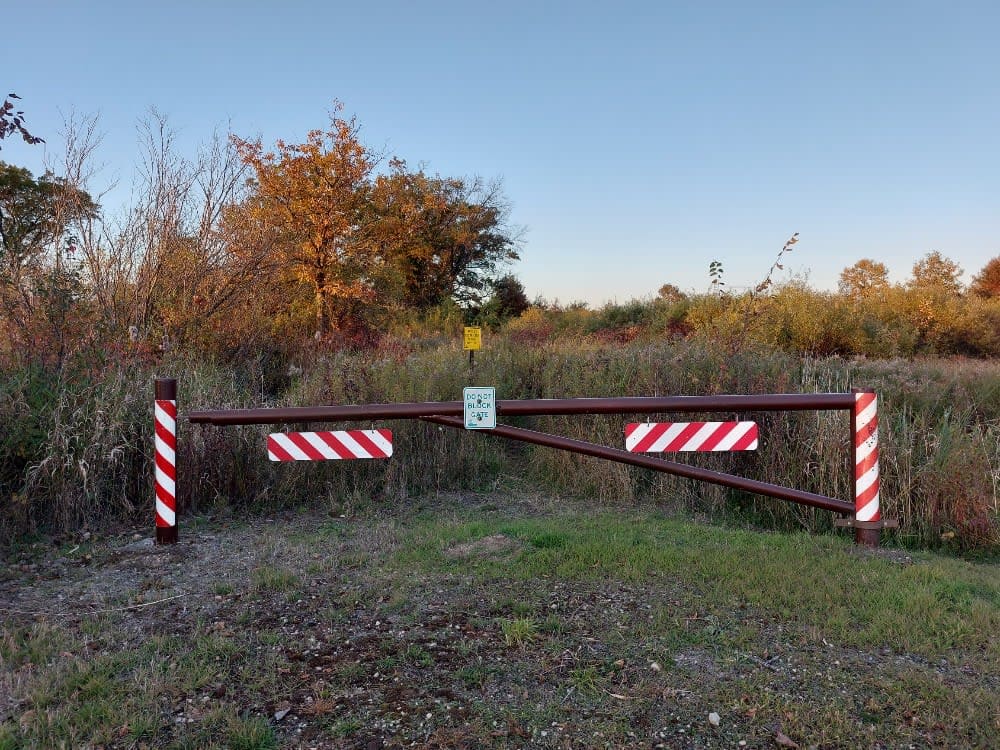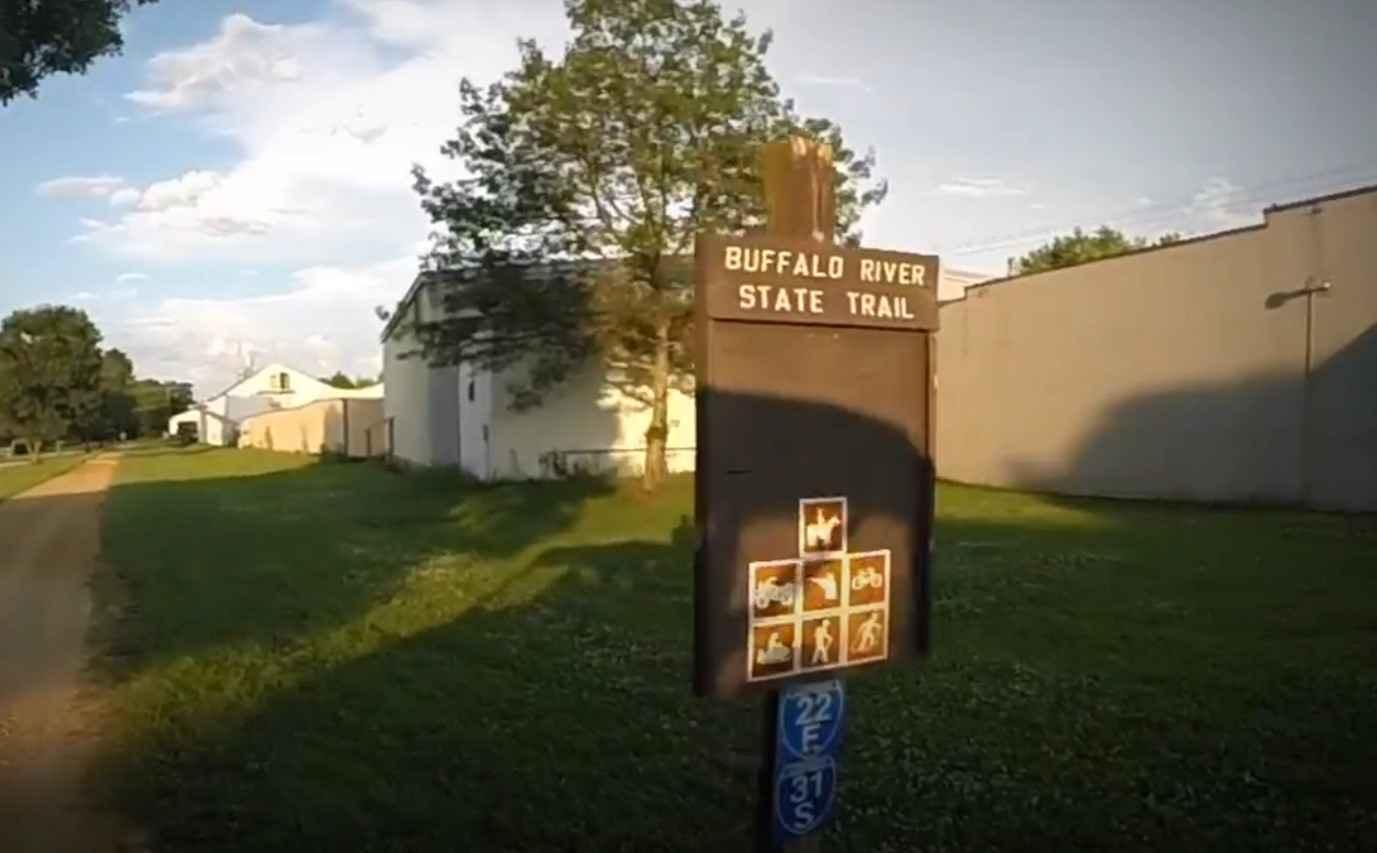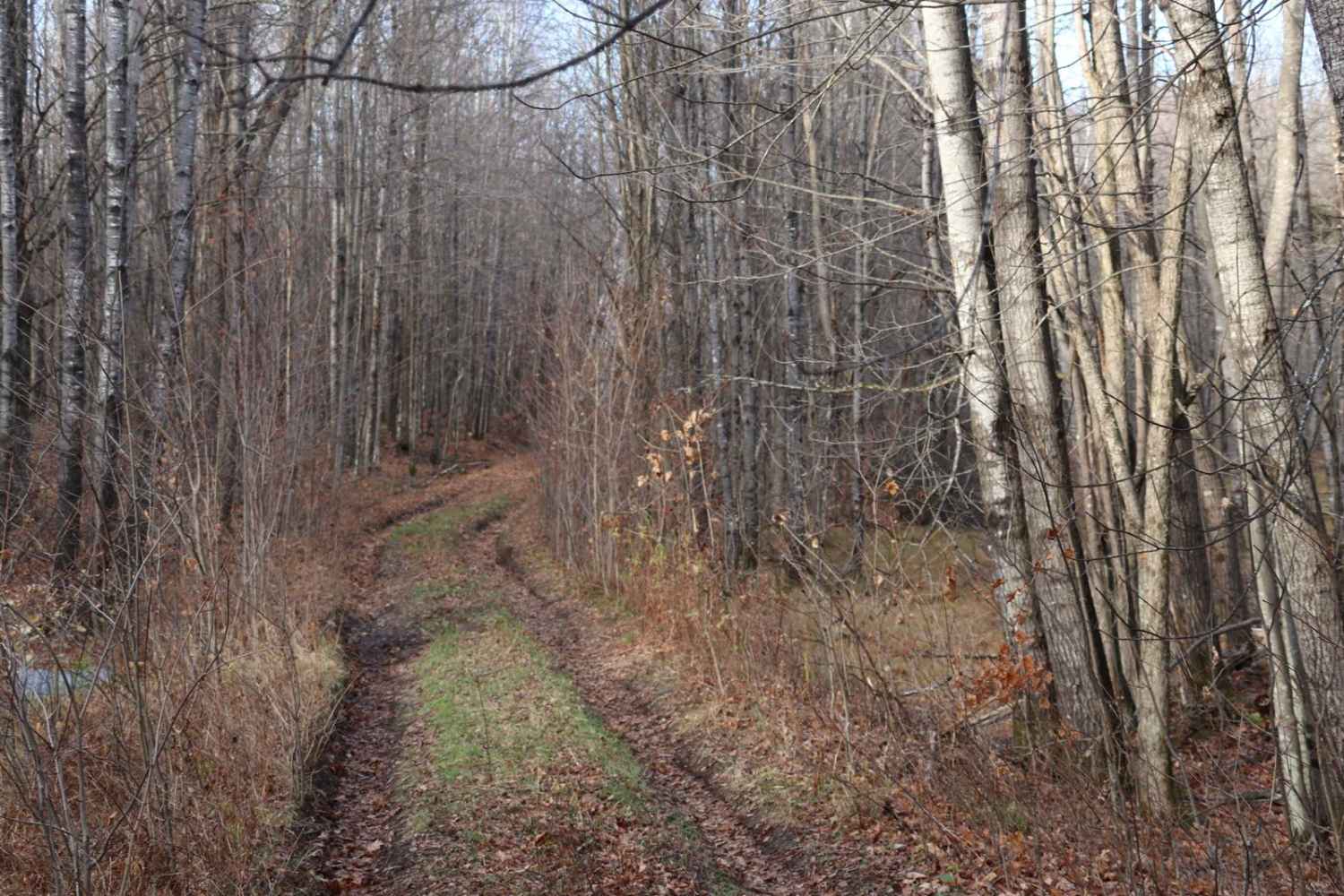BRST: Sturm to Eleva
Total Miles
4.3
Technical Rating
Best Time
Spring, Summer, Fall, Winter
Trail Type
50" Trail
Accessible By
Trail Overview
BRST: Sturm to Eleva is a 4.3-mile point-to-point trail rated 2 of 10 located in Trempealeau County. The trail consists of a combination of railroad ballast and limestone screenings that is fairly smooth and hard-packed and provides scenic views of surrounding farms, making it a good choice for novice riders. The trail has a rolling hill descent with farmland views to the south and the wooded river to the north. The trail crosses over the Buffalo River just before entering Eleva. The rail trail closely follows the Buffalo River; however, the winding waterway is mostly obscured by the dense woodlands, hills, and wetlands that contribute to the area's beauty. The Buffalo River State Trail (BSRT) is located in west-central Wisconsin and follows the scenic Buffalo River Valley. The entire trail is 36 miles and runs between the towns of Mondovi and Fairchild. The trail crosses 4 different counties (Buffalo, Trempealeau, Eau Claire, and Jackson). Built on a former railroad corridor, it passes by farmlands, woods, hills, and wetlands while traveling through the communities of Eleva, Strum, and Osseo. All-terrain vehicles (ATVs) and utility-terrain vehicles (UTVs) are allowed on the trail year-round. ATVs and UTVs must stay on the graded portion of the corridor. ATVs, UTVs, and snowmobiles are the only motorized vehicles allowed on the trail. Dirt bikes, motorcycles, and other off-highway vehicles are not allowed on the Buffalo River State Trail. The trail is open year-round and is open to snowmobiles during the winter months. Food and fuel services are available in each of the communities that the trail crosses. Cellphone service is generally good along the entire length of the trail.
Photos of BRST: Sturm to Eleva
Difficulty
This is a well-maintained rail-to-trail with minor elevation change over the trail's length.
History
The river, which lends its name to the trail, was named by early French explorers. They called it Riviere de Beeufs for the many bison that once inhabited the area.
Status Reports
BRST: Sturm to Eleva can be accessed by the following ride types:
- ATV (50")
BRST: Sturm to Eleva Map
Popular Trails

Starks Settlement Road Nicolet State Trail Access

Dead End Road

Pembine 16 East Trail Head FR 1006
The onX Offroad Difference
onX Offroad combines trail photos, descriptions, difficulty ratings, width restrictions, seasonality, and more in a user-friendly interface. Available on all devices, with offline access and full compatibility with CarPlay and Android Auto. Discover what you’re missing today!


